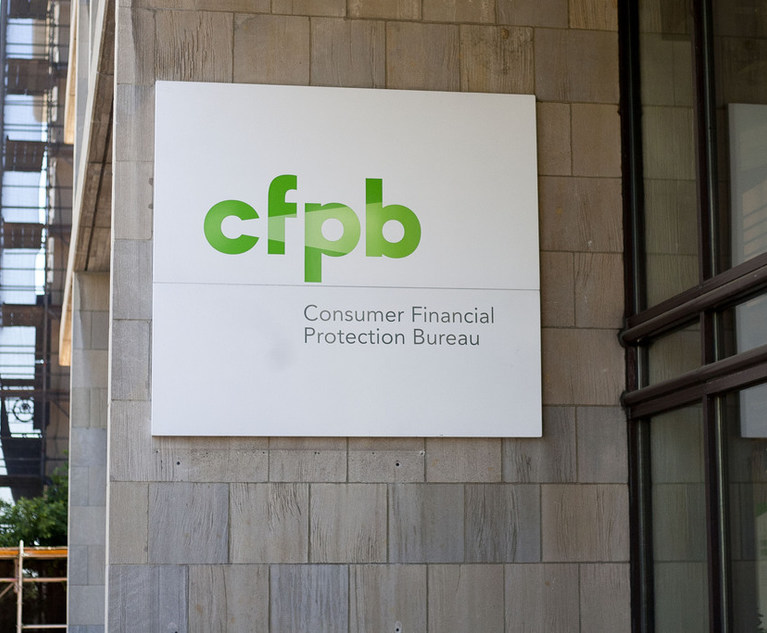The Consumer Financial Protection Bureau (CFPB) made a series of aggressive and unprecedented moves to expand its regulatory purview in 2022. These ranged from announcing the intention to exercise “dormant” authority to conduct regulatory examinations of nonbank financial companies to announcing the intention to force financial institutions to share consumer data with competitors upon consumer request (which CFPB Director Rohit Chopra also described as based on “dormant” authority).
The CFPB closed out 2022 with a deceptively innocuous-sounding proposal to require nonbank financial companies to report certain public orders and judgments relating to consumer protection violations. At first glance, this might appear merely to be a more efficient way for the CFPB to track orders and judgments entered against nonbanks by other regulators. When placed within the full context of the CFPB’s recent actions, however, it is clear that this proposal is a powerful one-way ratchet the CFPB can use to expand regulatory control over fintechs and other nonbank financial companies.


 Consumer Financial Protection Bureau building in Washington, D.C. June 4, 2013. Photo by Diego M. Radzinschi
Consumer Financial Protection Bureau building in Washington, D.C. June 4, 2013. Photo by Diego M. Radzinschi




